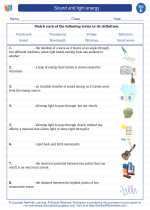Sound and light energy -> discussion
Discussion in Science
Discussion is an essential part of the scientific process. It involves sharing and analyzing experimental results, forming hypotheses, and drawing conclusions. Through discussion, scientists can evaluate the validity of their findings and refine their understanding of natural phenomena.
Importance of Discussion in Science
1. Collaboration: Scientists discuss their findings with colleagues to gain different perspectives and insights, leading to a more comprehensive understanding of the topic.
2. Critical Thinking: Through discussion, scientists can critically evaluate experimental methods and results, leading to improved experimental design and more accurate interpretations of data.
3. Peer Review: Discussion allows for peer review of scientific work, ensuring that research is rigorous and meets the standards of the scientific community.
How to Engage in Effective Scientific Discussion
1. Active Listening: Listen carefully to others' viewpoints and ask clarifying questions to ensure a thorough understanding of the topic.
2. Respectful Debate: Engage in respectful debates where differing opinions are welcomed and analyzed objectively.
3. Evidence-Based Arguments: Support your arguments with evidence from reliable sources and scientific literature.
4. Open-Mindedness: Be open to new ideas and be willing to modify your own viewpoints based on the evidence presented.
Study Guide
Here are some key points to remember about discussions in science:
- Why is discussion important in science?
- What are the benefits of collaborating with colleagues in scientific discussions?
- How can scientific discussion contribute to critical thinking?
- What is the role of peer review in scientific discussion?
- What are the key principles of engaging in effective scientific discussion?
Understanding the importance of discussion in science and being able to engage in effective scientific discussions are essential skills for any scientist. By mastering these skills, scientists can contribute to the advancement of knowledge and the improvement of scientific research.
[Discussion] Related Worksheets and Study Guides:
.◂Science Worksheets and Study Guides Fifth Grade. Sound and light energy
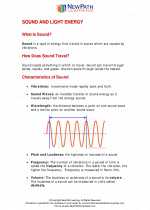
 Activity Lesson
Activity Lesson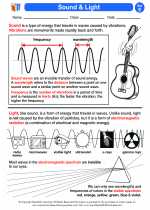
 Worksheet/Answer key
Worksheet/Answer key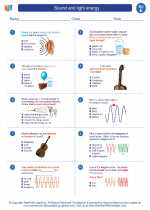
 Worksheet/Answer key
Worksheet/Answer key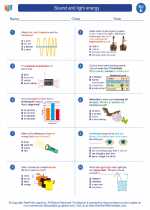
 Worksheet/Answer key
Worksheet/Answer key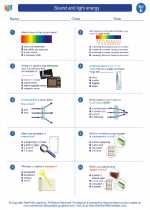
 Worksheet/Answer key
Worksheet/Answer key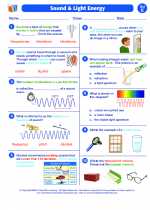
 Vocabulary/Answer key
Vocabulary/Answer key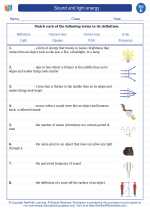
 Vocabulary/Answer key
Vocabulary/Answer key